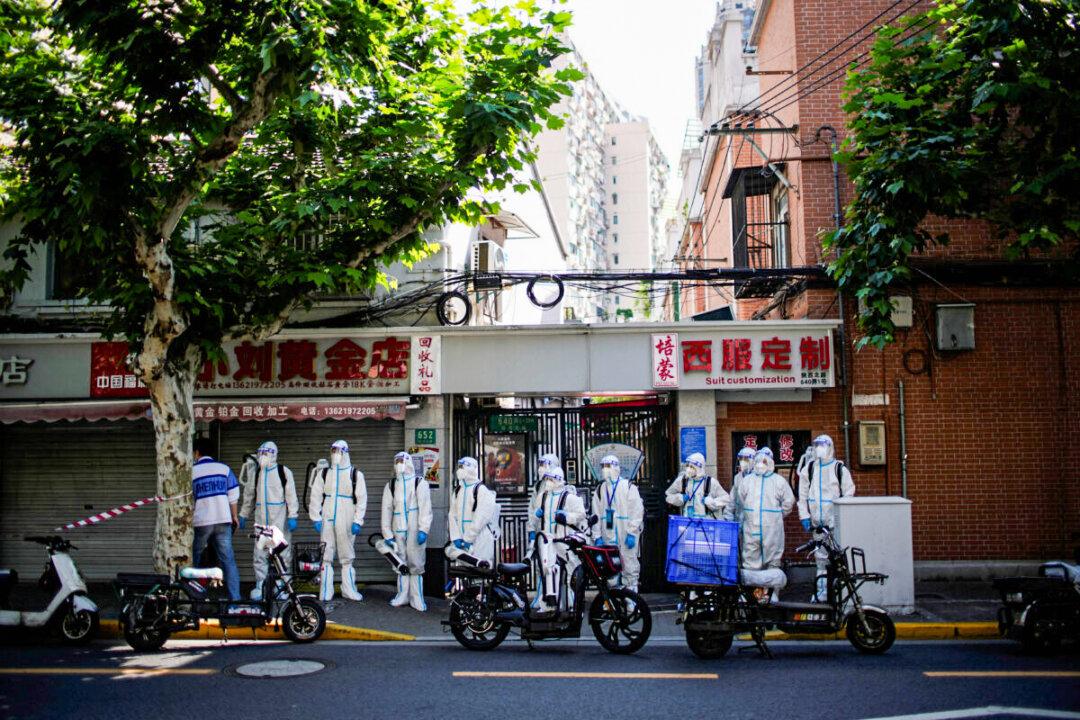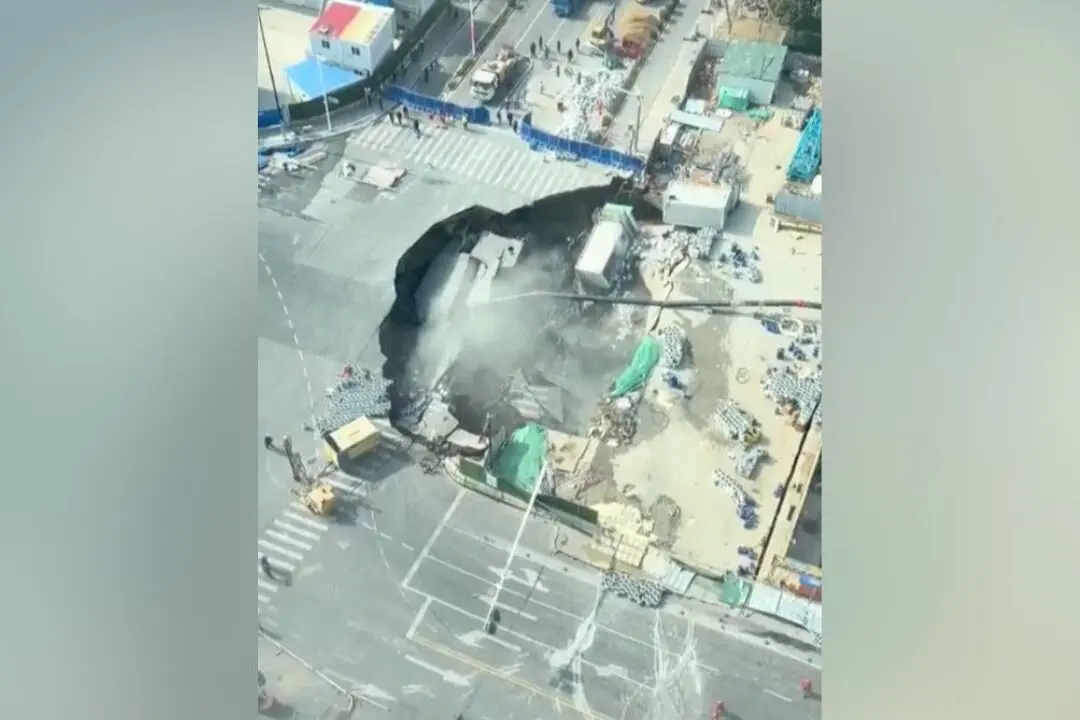Shanghai officials on May 17 said they achieved zero infections outside quarantine zones for three consecutive days, marking a long-awaited milestone for a city that has been in lockdown for over seven weeks, though most residents are still confined to their homes.
Zhao Dandan, a deputy director of the Shanghai Health Commission, said at a May 17 press conference that all 16 districts in Shanghai had achieved “social dynamic zero-COVID” for three consecutive days. “Social dynamic zero-COVID” means infections were reported only in centralized quarantine facilities or residential communities under lockdown.




